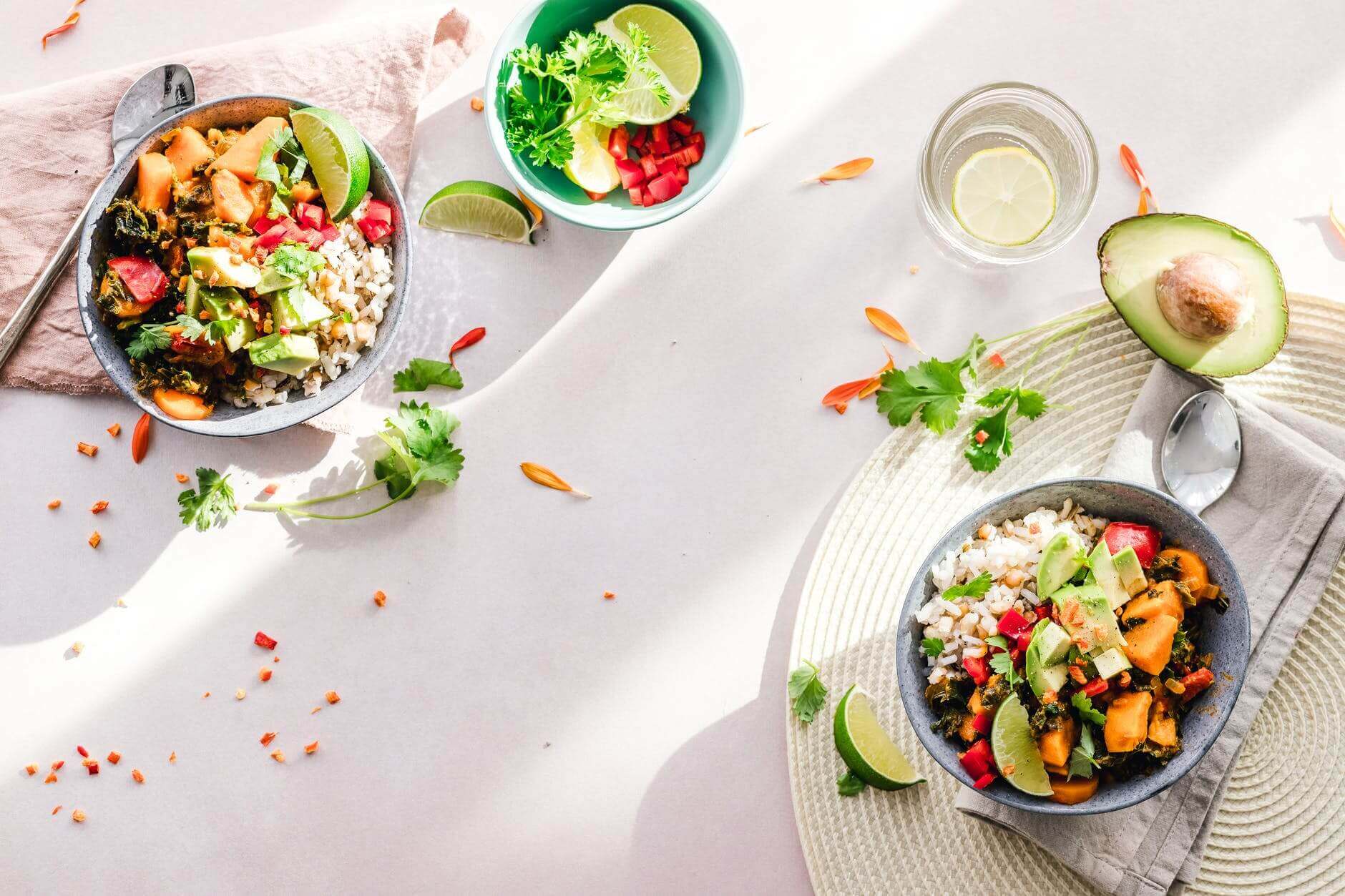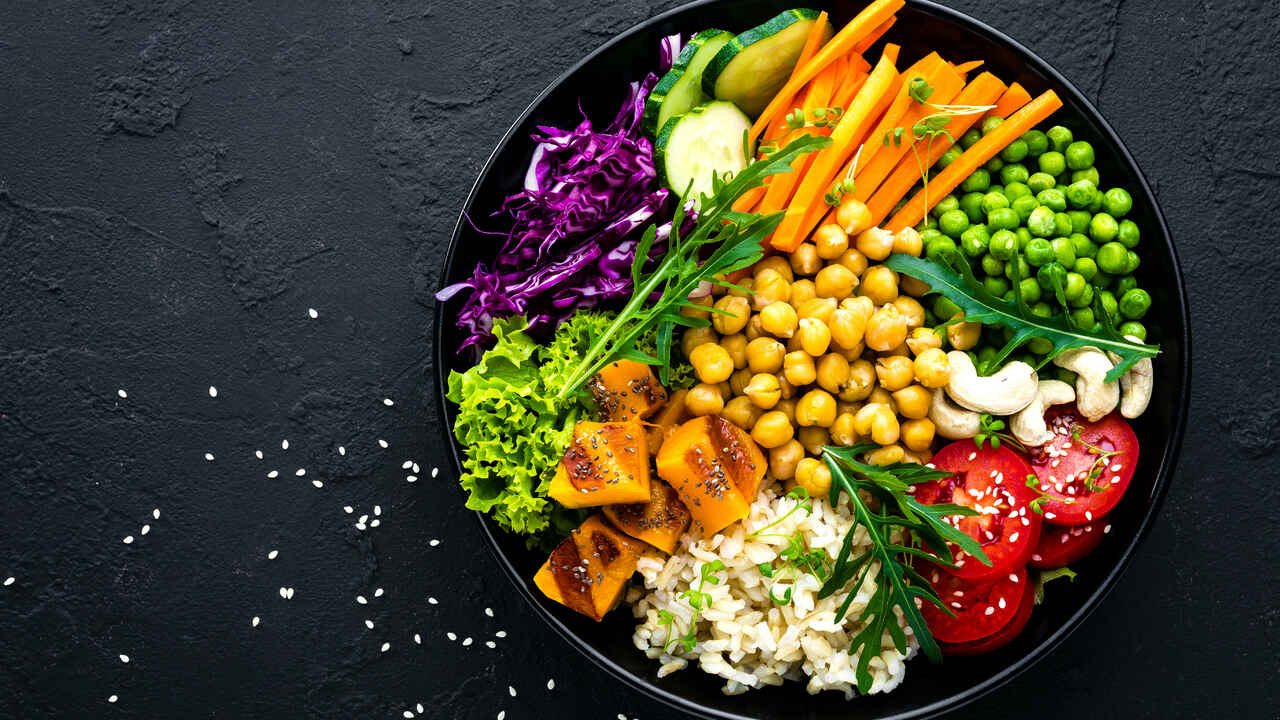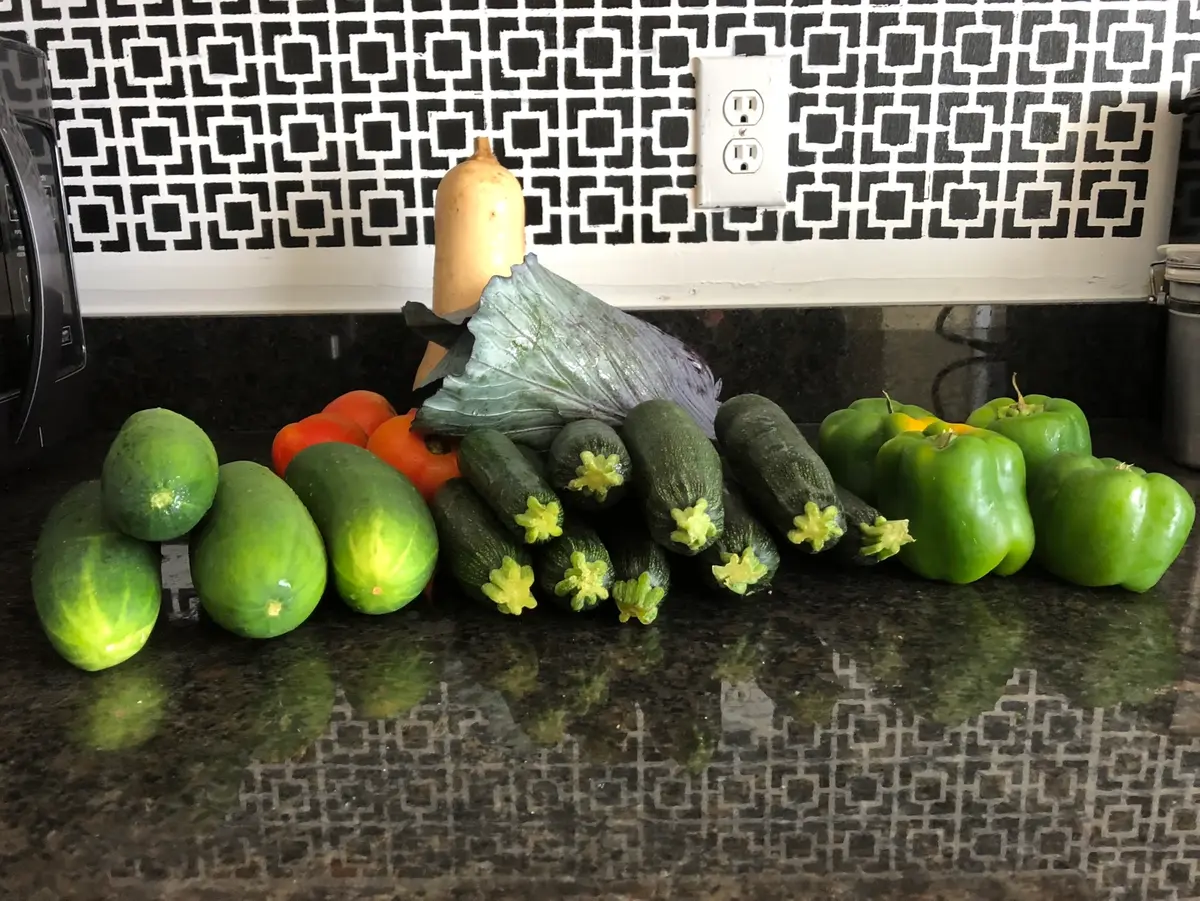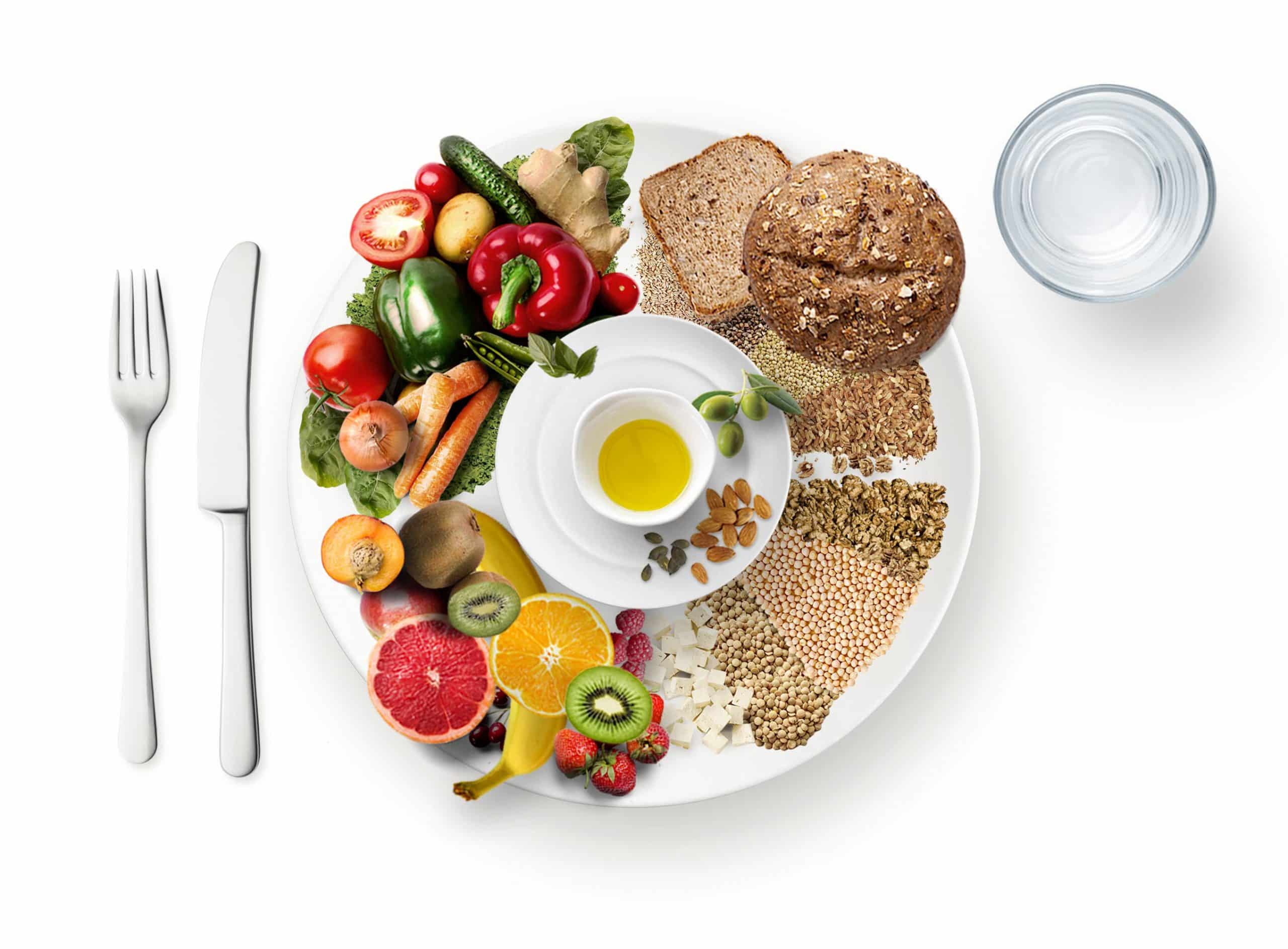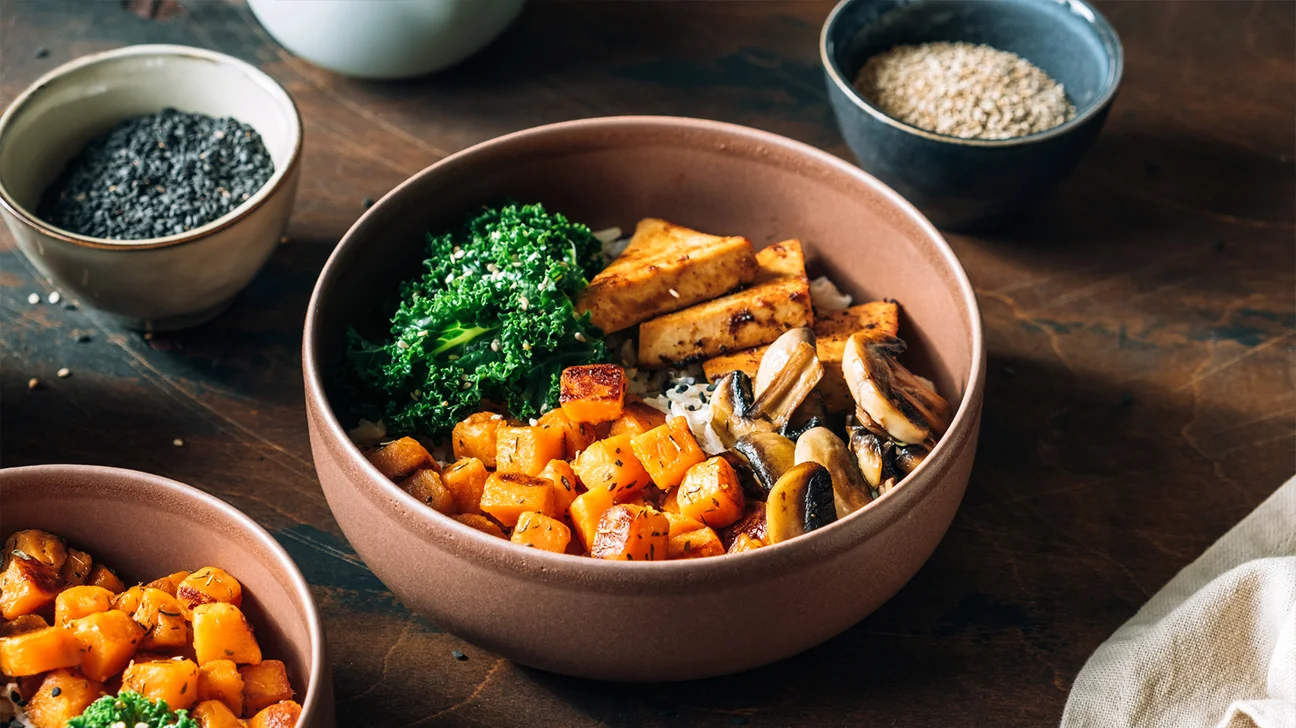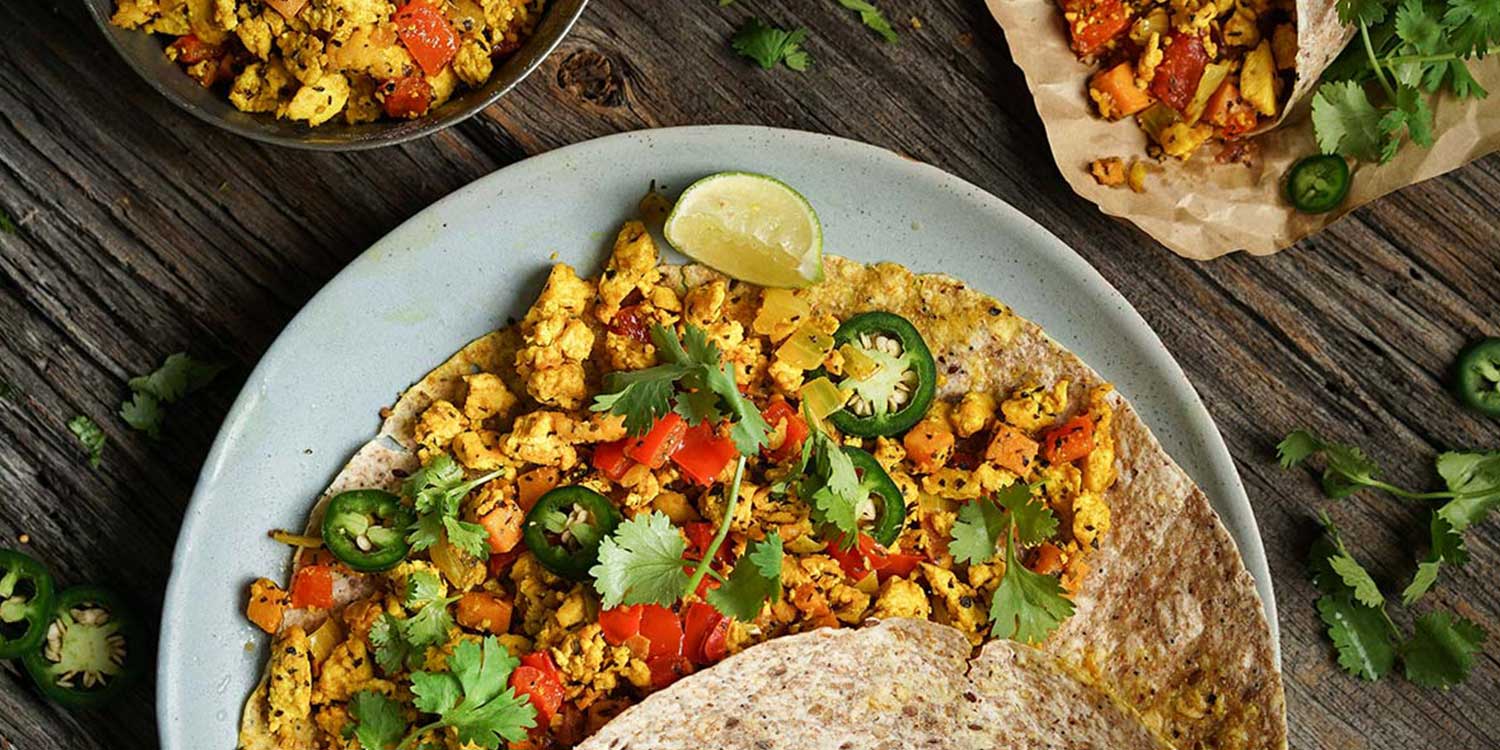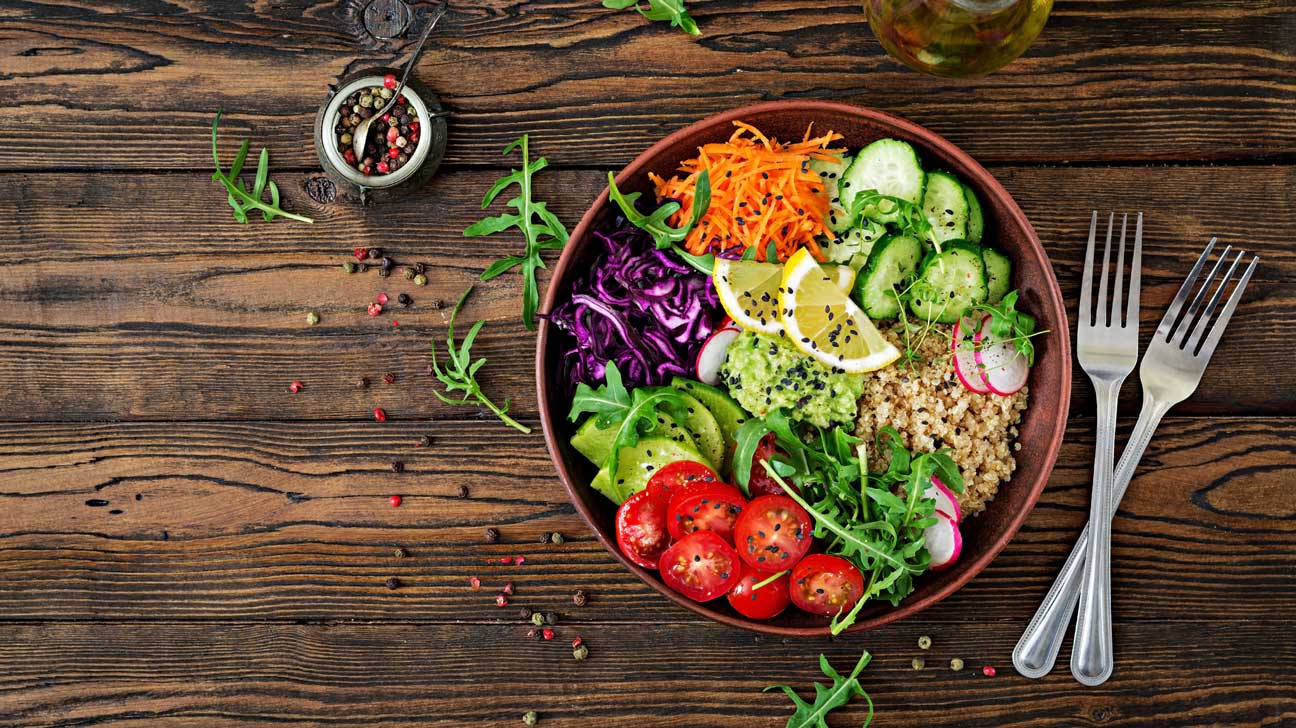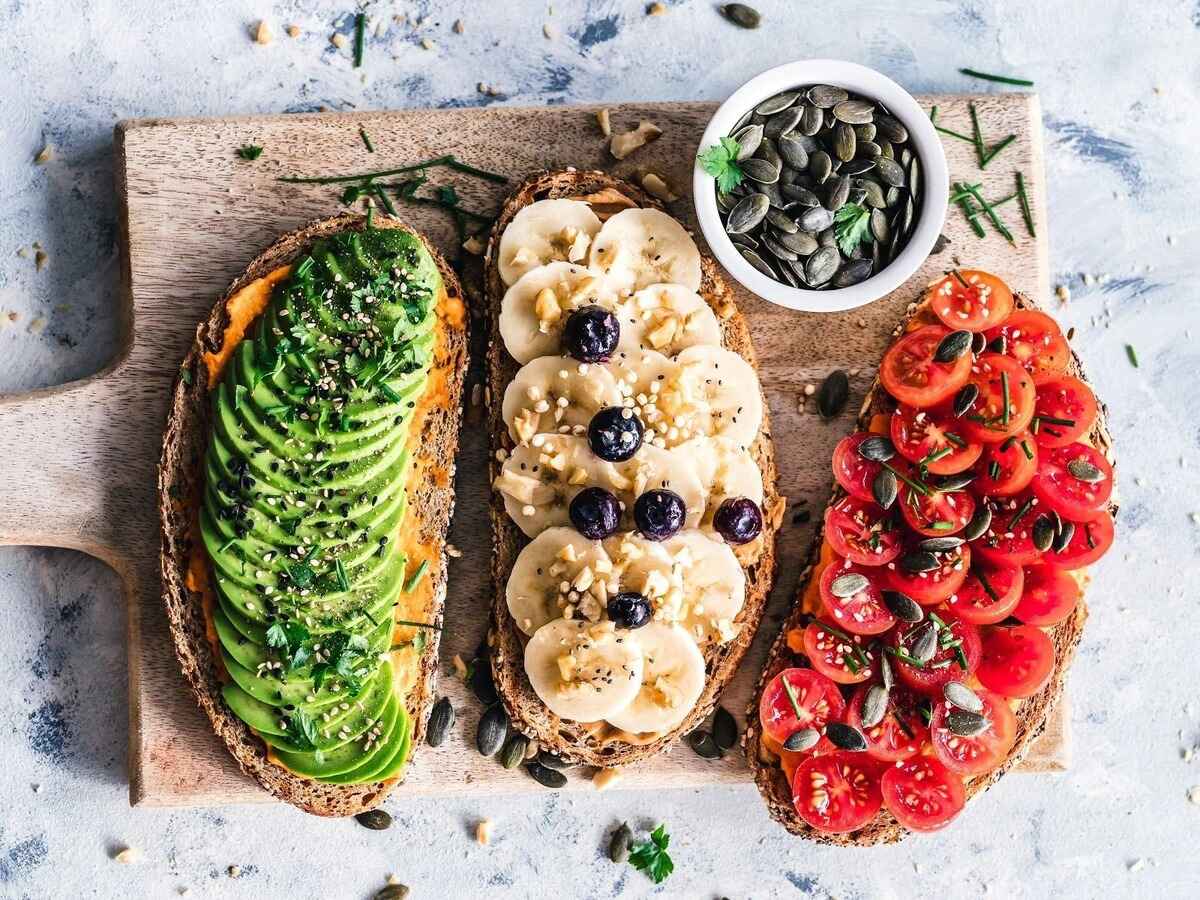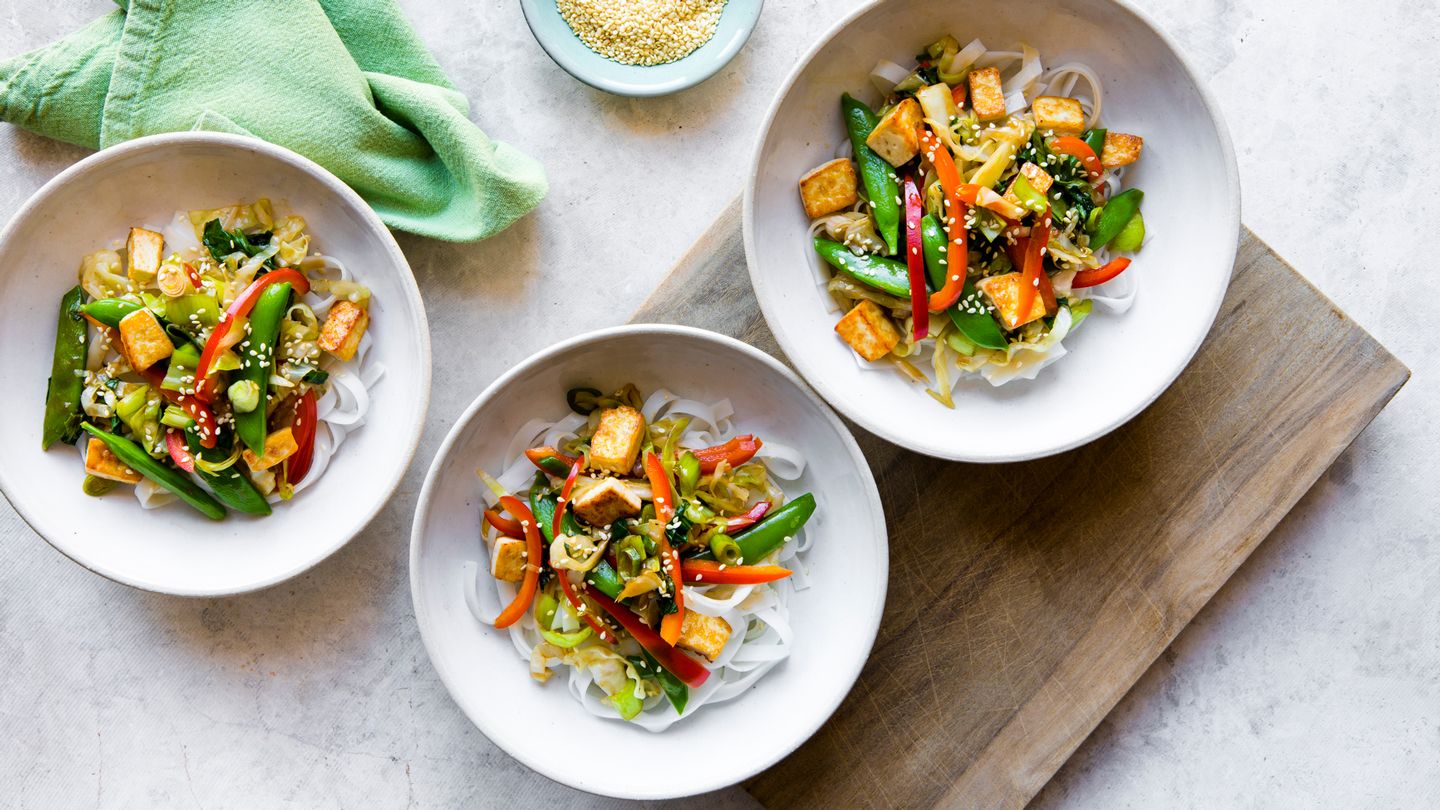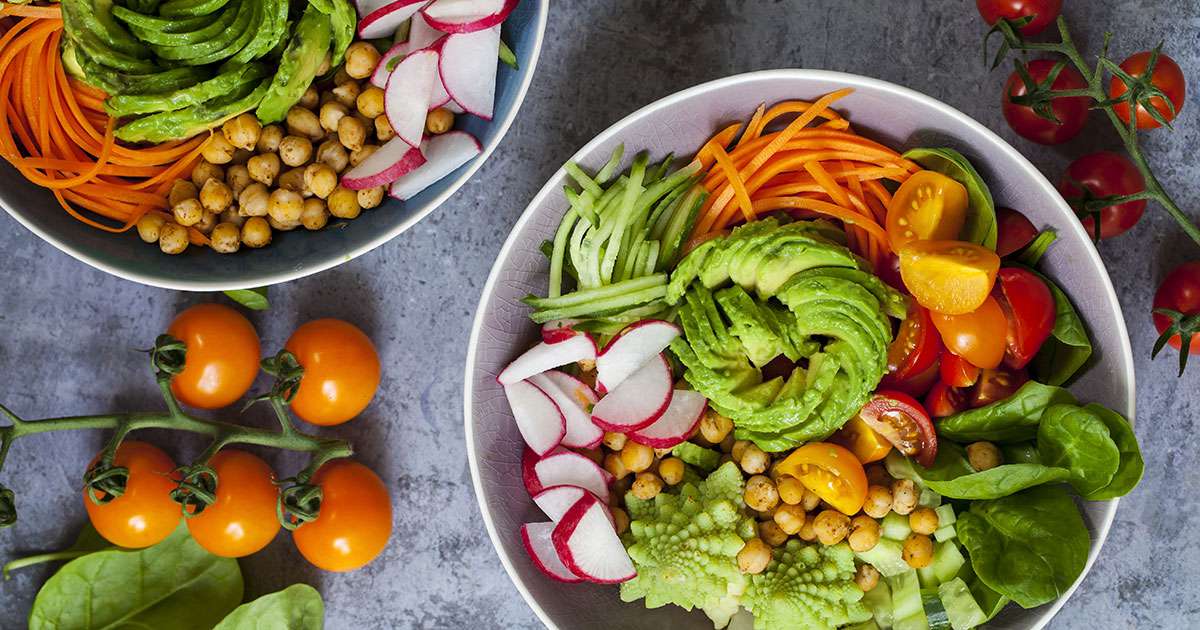How to Achieve Balance on a Vegan Diet
Transitioning to a vegan diet can be an exciting and rewarding journey. However, it’s important to ensure that you are consuming a balanced and nutritious diet to support your overall health and well-being. With careful planning and consideration, it is entirely possible to meet all of your nutritional needs on a vegan diet.
Key Nutrients to Focus On
When following a vegan diet, it’s essential to pay attention to certain nutrients that may be lacking in plant-based foods. These include:
- Protein: Incorporate sources such as beans, lentils, tofu, tempeh, and quinoa into your meals to ensure an adequate intake of protein.
- Iron: Consume iron-rich foods like spinach, lentils, chickpeas, and fortified cereals to support healthy blood function.
- Calcium: Include calcium-fortified plant milks, tofu, and leafy greens in your diet to maintain strong bones and teeth.
- Vitamin B12: Consider taking a B12 supplement or consuming fortified foods to prevent deficiency, as this vitamin is primarily found in animal products.
- Omega-3 fatty acids: Incorporate flaxseeds, chia seeds, hemp seeds, and walnuts to ensure an adequate intake of these essential fats.
Building a Balanced Plate
Creating well-rounded and satisfying meals is an important aspect of maintaining a balanced vegan diet. Aim to include a variety of the following components on your plate:
- Vegetables: Fill half of your plate with a colorful assortment of vegetables to provide essential vitamins, minerals, and fiber.
- Protein: Incorporate plant-based protein sources such as beans, lentils, or tofu to support muscle health and overall satiety.
- Whole Grains: Choose options like quinoa, brown rice, or whole grain pasta to provide sustained energy and important nutrients.
- Healthy Fats: Include sources like avocado, nuts, and seeds to support heart health and nutrient absorption.
- Fortified Foods: Incorporate fortified plant milks, cereals, and nutritional yeast to ensure adequate intake of essential nutrients.
Meal Planning and Preparation
Planning and preparing your meals in advance can greatly contribute to the success of a balanced vegan diet. Consider the following tips:
- Batch Cooking: Prepare large quantities of grains, legumes, and vegetables to use in various meals throughout the week.
- Explore New Recipes: Experiment with different cuisines and cooking methods to keep your meals exciting and diverse.
- Supplement Wisely: If needed, incorporate supplements such as vitamin D, iodine, and algae-based omega-3s to fill potential nutritional gaps.
- Stay Hydrated: Remember to drink plenty of water and consider incorporating herbal teas and infused water for added variety.
Seeking Professional Guidance
If you have concerns about meeting your nutritional needs on a vegan diet, consider consulting with a registered dietitian or nutritionist who specializes in plant-based nutrition. They can provide personalized guidance and support to help you thrive on a vegan diet while ensuring that you are meeting all of your nutritional requirements.
By focusing on nutrient-dense foods, careful meal planning, and seeking professional guidance when needed, it is entirely possible to achieve a balanced and fulfilling vegan diet. Embracing this lifestyle can lead to improved health, a reduced environmental impact, and a greater appreciation for the diverse array of plant-based foods available.
